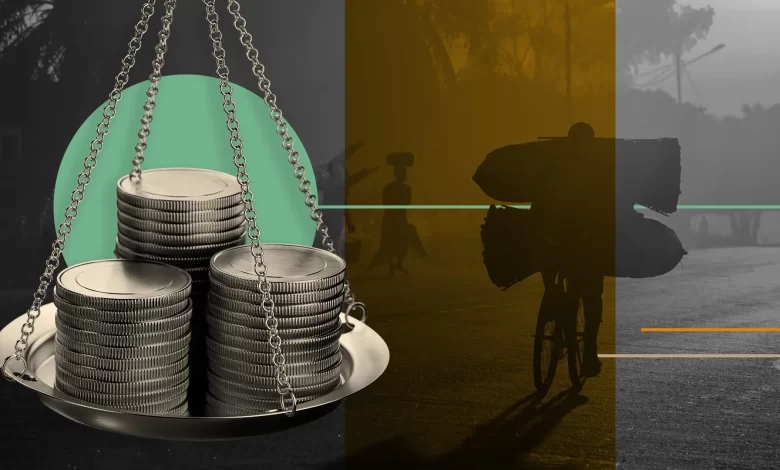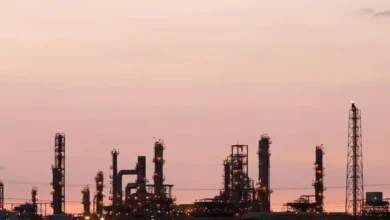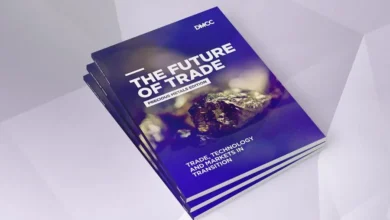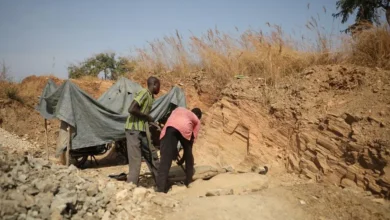
Countries are struggling to agree to the basic workings of a fund that would direct money from industrialized countries to developing nations, helping to compensate them for the ravages of climate change already occurring.
Why it matters: Agreeing to the eventual formation of this so-called “loss and damage” fund was a major breakthrough at COP27 in Sharm el-Sheikh. But figuring out how to turn it into something functional is proving to be a tough slog ahead of November’s COP28 summit in Dubai.
- A top goal of the incoming leadership is to leave the upcoming summit with an operational fund, rather than saving the details for later.
- Such a fund would be based on countries’ historical responsibility for climate change.
Catch up fast: A committee tasked with designing the fund’s basic building blocks reached an impasse during marathon sessions late last week in Egypt, and it has now scheduled an overtime session next month in Abu Dhabi.
- The committee includes representatives from the U.S. and other major industrialized countries, as well as developing nations considered more vulnerable to climate impacts.
The intrigue: The biggest disagreements concern who pays into the fund, and where it will be housed.
- The U.S., for example, is pushing for the World Bank, and for a broad range of countries to contribute to it.
- Developing countries are seeking a fund separate from the bank, a Western organization dominated by the U.S. that has long been criticized for its climate-related practices.
- They also say only the countries most responsible for causing global warming to date should have to pay up, at least initially.
COP28 leader Sultan Abdul al-Jaber, criticized the deadlock in a statement, telling the committee that “the eyes of the world are on you to deliver clear, clean and strong recommendations ahead of COP28 to operationalize the Loss and Damage Fund and funding arrangements, so it can be activated and capitalized soon after.”
Our thought bubble: The fund debate may seem like a topic deep in the weeds of climate diplomacy, but it could have an outsized influence over the success or failure of COP28 itself.
- This is because it highlights trust deficiencies between rich and poor nations on climate change.
What they’re saying: Rachel Cleetus from the Union of Concerned Scientists, an environmental advocacy group, warned that a failure to arrive at consensus recommendations on loss and damage will put other key goals at COP28 in peril, such as securing language over phasing out the use of fossil fuels.
- “The idea that you can isolate the issues you prefer in a corner somewhere and get agreement there, while everything else…is not agreed. That’s just not how this will work,” she told Axios in an interview.
The other side: U.S. negotiators are trying to thread the needle between advancing the fund and avoiding opening itself up to claims of legal responsibility for being the largest historical emitter of greenhouse gases.
What’s next: Government representatives have one more chance to agree on a framework for the loss and damage fund early next month. Failing that, COP28 negotiators may find their job far more complicated.




